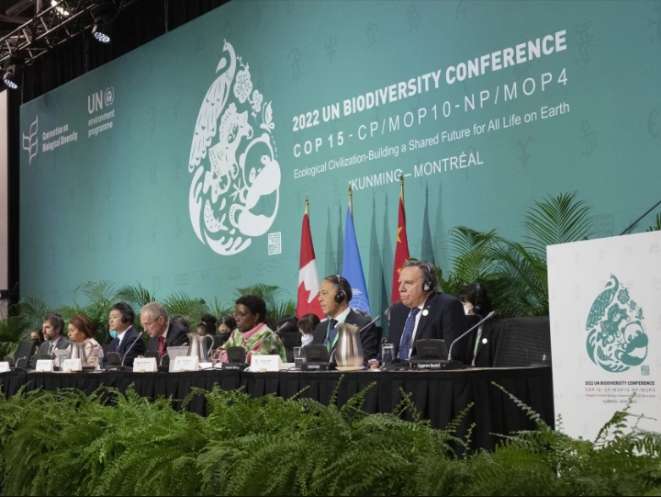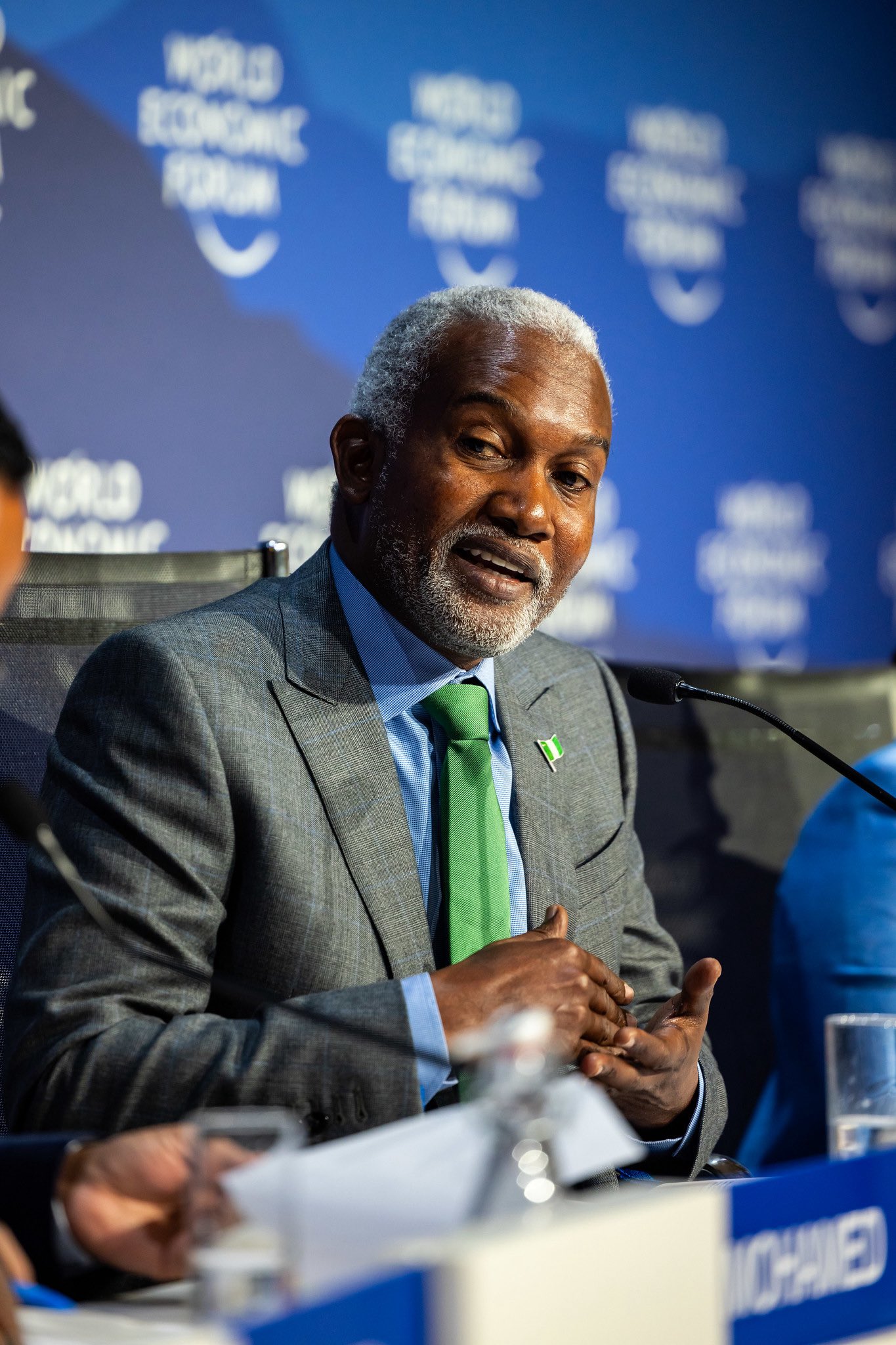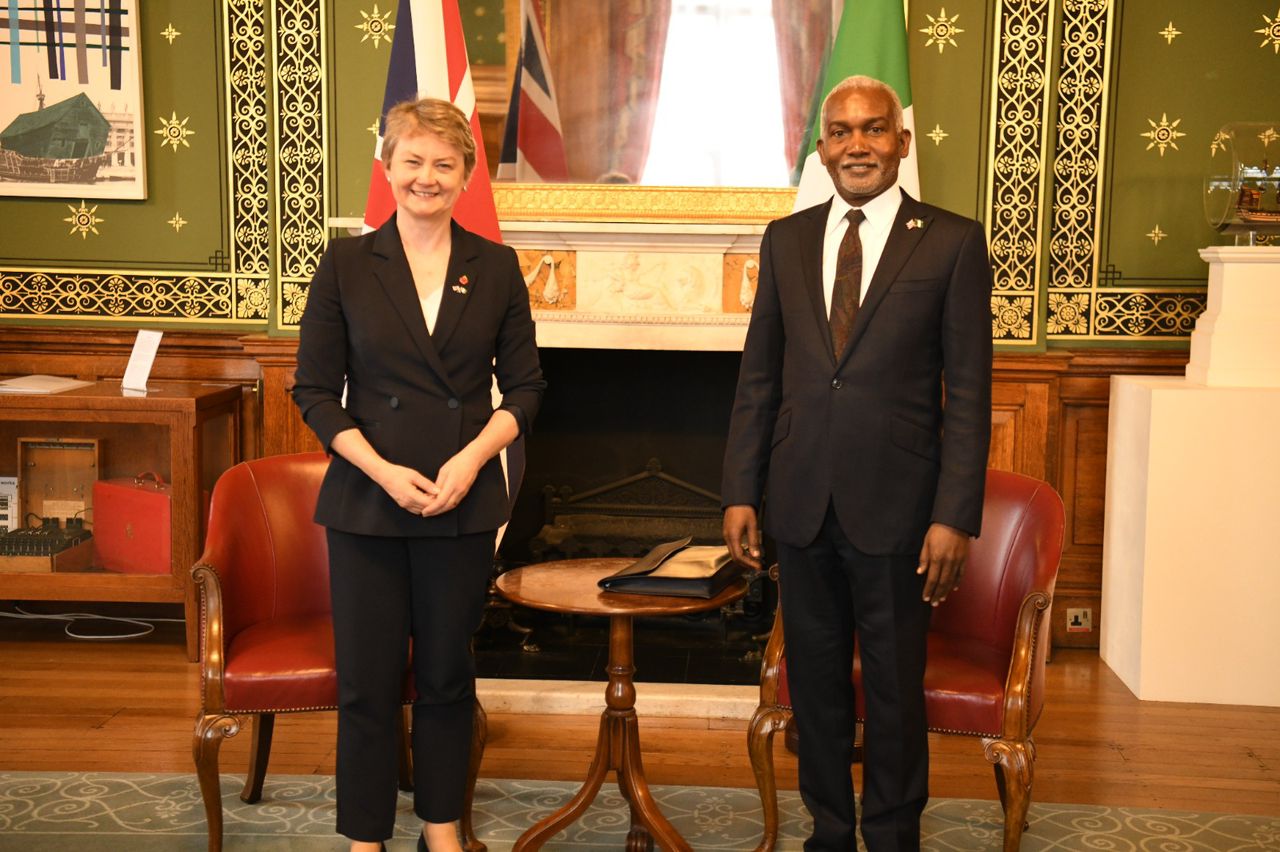Delegates to UN Biodiversity Convention move from agreement to action by concluding COP 15 in Nairobi

With the election of chairpersons for its subsidiary bodies and the Bureau, the closing gavel marked the end of the resumed session of COP 15 of the Convention on Biological Diversity, and the COP-MOPs of its Cartagena and Nagoya protocols.
Speaking on behalf of COP 15 President Huang Runqiu, Zhou Guomei said, “Adoption of the historic Kunming-Montreal Global Biodiversity Framework, is a victory for multilateralism with the United Nations at its core, and a victory for global biodiversity governance. With the joint efforts of all parties, the COP 15 has come to a successful conclusion.”
David Cooper, Acting Executive Secretary of the Convention on Biological Diversity, said: “The closure of COP 15 and the election of officers shows that governments have moved from agreement to action. The historic and ambitious Kunming-Montreal Global Biodiversity Framework is well and truly on the way to implementation.”
Elections were held at the resumed session of the COP and COP-MOPs of the Convention and its Protocols.
Governments nominated and elected the following members of the bureau for COP 15, who would serve a term from the end of the 15th meeting of the Conference of the Parties to the Convention on Biological Diversity until the close of the sixteenth meeting of the Conference of the Parties: Hlobsile Sikhosana (Eswatini), Abderahman Zino Izourar (Algeria), Krishneel Nand (Fiji), Somaly Chan (Cambodia), Gillian Guthrie (Jamaica), María Teresa Becerra Ramírez (Colombia), Norbert Bärlocher (Switzerland) , Eric Schauls (Luxembourg), Teona Karchava (Georgia) and Angela Lozan (Republic of Moldova).
Elections for substitutes for any elected Bureau member who is from a country that is not a Party to the Nagoya Protocol were held: Moustafa Fouda (Egypt), to substitute Ms. Siko (Eswatini), Sino Tohrizoda (Tajikistan), to substitute Ms. Karchava (Georgia), Jesus Guerra (Cuba), to substitute Ms. Guthrie (Jamaica) for matters relating to the Nagoya Protocol; Corina Sarli (Argentina), to substitute Ms. Vilardy (Colombia) for matters relating to the Nagoya Protocol. Ms. Senka Barudanović (Bosnia and Herzogovina) was elected as Chair of the Subsidiary Body on Scientific, Technical and Technological Advice and Mr Shri Reddy (India) was elected as Chair of the Subsidiary Body on Implementation, both for a term of office commencing at the end of the fifteenth meeting and ending at the close of the sixteenth meeting of the Conference of the Parties. As Bosnia Herzogovina is not a Party to the Nagoya Protocol, Jan Plesnik (Czechia) was elected substitute for these issues.
The date and venue for the meeting of the next UN Biodiversity Conference, which will include COP 16, COP-MOP-11 and COP-MOP-5, are still to be determined. Türkiye, which was originally expected to hold the meeting, announced withdrawal of its offer to serve this role, due to force majeure, resulting from the disastrous earthquakes earlier this year. Discussions are taking place with potential hosts. In the event that no host is identified, the meetings will be held in Montreal, Canada, at the seat of the Secretariat.
Opened for signature in 1992 at the Earth Summit in Rio de Janeiro, and entering into force in December 1993, the CBD is an international treaty for the conservation of biodiversity, the sustainable use of the components of biodiversity and the equitable sharing of the benefits derived from the use of genetic resources.
With 196 Parties, the CBD has near universal participation among countries. The CBD seeks to address all threats to biodiversity and ecosystem services, including threats from climate change, through scientific assessments, the development of tools, incentives and processes, the transfer of technologies and good practices and the full and active involvement of relevant stakeholders including indigenous peoples and local communities, youth, women, NGOs, sub-national actors and the business community.
The Cartagena Protocol on Biosafety and the Nagoya Protocol on Access and Benefit-Sharing are supplementary agreements to the CBD. The Cartagena Protocol, which entered into force 11 September 2003, seeks to protect biodiversity from the potential risks posed by living modified organisms resulting from modern biotechnology.
To date, 173 Parties have ratified the Cartagena Protocol. The Nagoya Protocol aims at sharing the benefits arising from the utilization of genetic resources in a fair and equitable way, including by appropriate access to genetic resources and by appropriate transfer of relevant technologies. Entering into force 12 October 2014, it has been ratified by 135 Parties.












